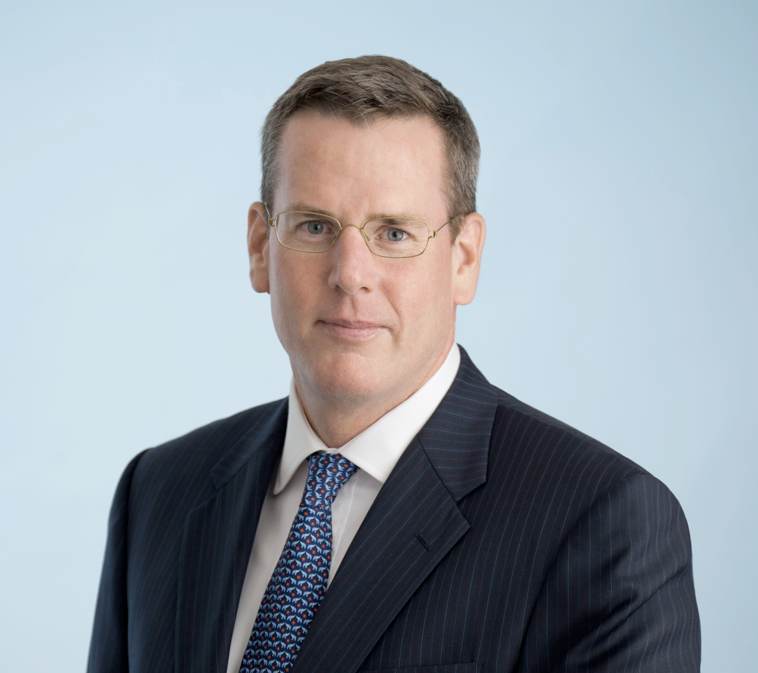Cat models don’t properly reflect climate change: RenRe CEO O’Donnell

In comments made this afternoon during the second-quarter earnings call of Bermuda based reinsurance and third-party capital management specialist RenaissanceRe, the companies CEO Kevin O’Donnell said the catastrophe modelling vendors are failing to robustly capture the effects of climate change.
O’Donnell’s comments suggest a lack of confidence in the commercially available vendor catastrophe models at one of the largest underwriters of property catastrophe risk.
That could be a concern for model vendors, as typically if one underwriting ethos loses confidence, others could follow.
“I wanted to address one of the major factors behind the market’s perception of property cat risk, and that is the poor historic performance of cat models,” O’Donnell began, adding, “In no small part, this is due to an over reliance on vendor models that inadequately capture the growing influence of climate change.”
He continued to say, “At RenRe, our scientists believe that the commercially available models do not properly reflect climate change as an evolving phenomenon.
“Some perils, while vendors may have adjusted their views to reflect recent experience, we believe that they have not robustly captured the physics of climate change.
“From a risk management perspective this means that the vendor model outputs are likely to underestimate the risks that insurers and reinsurers are managing.”
Of course, this is why the main vendor models are all able to be tweaked for a user to add their own views of climate risk, or to add climate scenarios on top of the vendor view of risk.
But it sounds, from O’Donnell’s comments, like RenaissanceRe believes the vendor catastrophe risk models are lagging behind, in keeping their views of risk and how climate change influences them updated.
“This could cause companies to expose more capital than intended and their returns for managing cat risk will be lower than expected,” O’Donnell said.
The CEO went on to explain why he feels RenRe is well-positioned as an underwriter of catastrophe risk and manager of portfolios of climate change exposed perils.
“Frequently, investors may question whether the entire insurance industry truly understands the potential impact of climate risks, whether it is being correctly incorporated in the industry’s evaluation of risks and most critically, whether it is appropriately reflected in rates,” O’Donnell stated.
Adding, “Let me explain why we are confident in our management, pricing and portfolio construction of this risk.
“We’ve invested considerable resources in modeling and understanding climate change. Here at RenRe, our scientists ensure our models always reflect the most up to date, data informed science.
“This enables us to steadily increase our current view of risk to reflect the present day impact of climate change. As a result, we believe our models are better predictors of the impact of climate change on loss costs.”
Which is the key piece of information underwriters are currently trying to leverage the models to identify. How will loss costs changes over time due to climate change and how can they measure for that increase and price for it in their underwriting.
O’Donnell closed his comments on models and climate risk by saying, “Our REMS (Renaissance Exposure Management System) underwriting system provides us an additional competitive advantage in underwriting property catastrophe risk.
“All our risks must be underwritten and modeled through REMS, which is continuously updated to fully reflect the best understanding of the physical parameters of shifting weather patterns.
“This ensures that our underwriting decisions are based on an elevated view of risk that fully reflects climate change and gives us confidence that we are being paid appropriately for the risk we are assuming.”
Of course, the catastrophe risk models from the main vendors are all able to weight their output for climate scenarios and are being updated regularly to include the latest scientific thinking.
It is always likely they will fall behind the most advanced in the industry, hence the ability to tweak models and customise them for the most sophisticated users.
In this case though, it does sound like RenRe has lost quite a degree of confidence in the main vendor cat models, which should provide a warning to the vendors, as often when one underwriting shop holds such a view, others may soon follow.
Of course, having a robust and independent approach to analysing, quantifying and pricing catastrophe risks, including your own view of climate change, will be an attractive trait for partners such as RenRe’s third-party and ILS style investor base.
End-investors are looking to deploy capital into strategies where they feel some alpha is being generated by scientific and underwriting expertise, something that having your own differentiated approach to cat modelling and how climate change is accounted for most certainly could be an input to.






